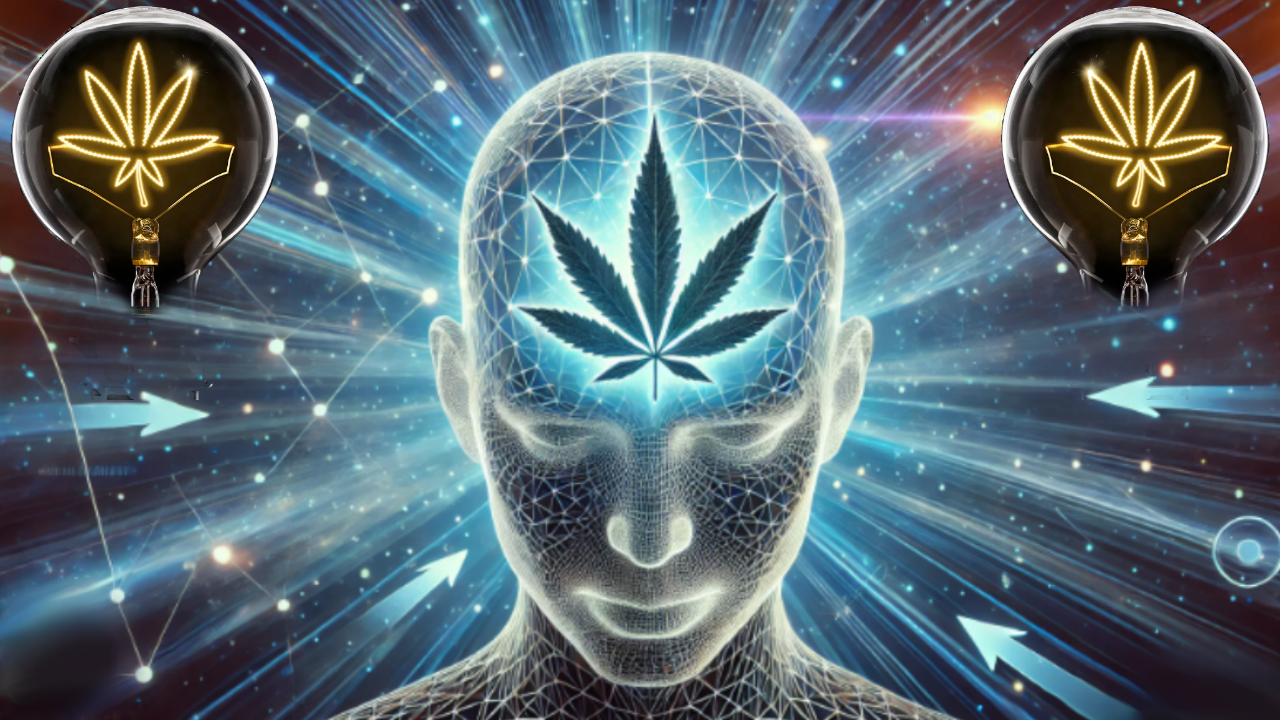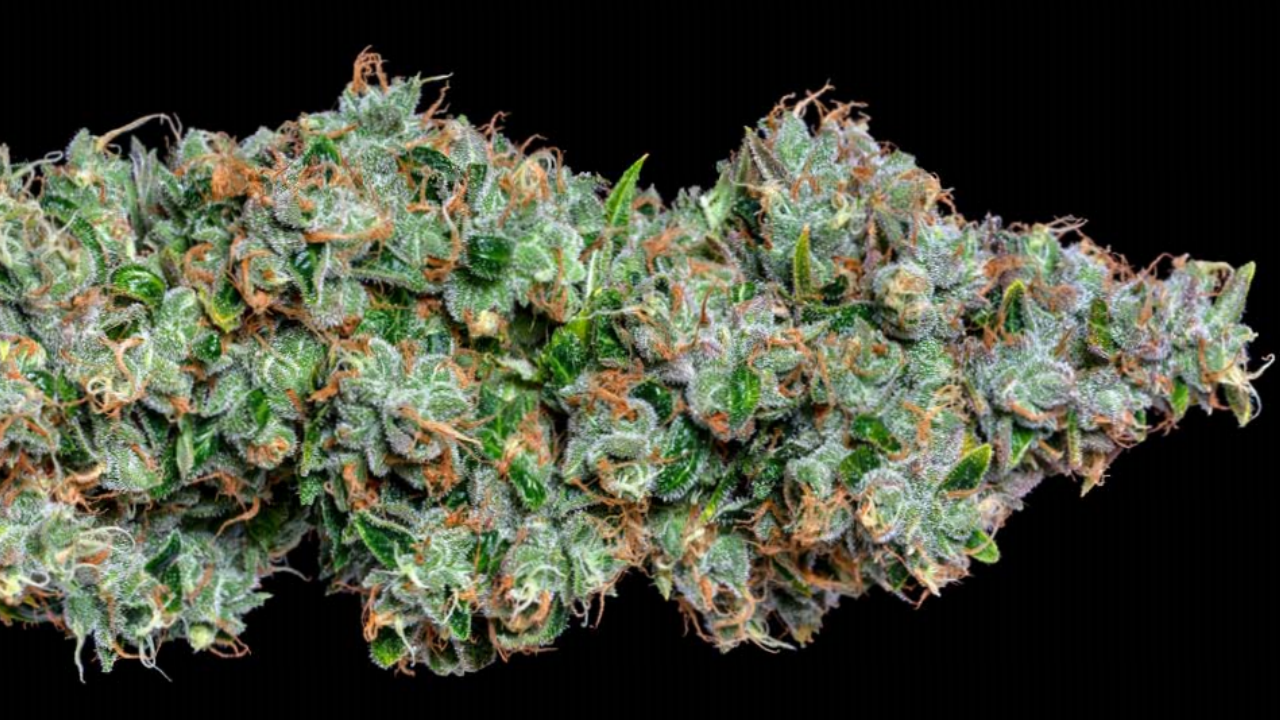Cannabis and the Creative Mind in Art, Music, and Acting
Throughout history, artists, musicians, and performers have searched for ways to tap into deeper levels of expression, to slip past the mundane and reach a more vivid, emotional, and intuitive space. For many, that doorway has been cannabis. While controversial and often misunderstood, cannabis has long been associated with bursts of creativity, unconventional thinking, and a loosening of the rigid structures that govern logic and routine.
But does cannabis actually make people more creative—or does it simply make them feel more creative? The answer lies somewhere between brain chemistry and the bold inner world of the artist.
A Muse in the Mist: Cannabis and Artistic Expression
In the visual arts, cannabis has played a role in loosening inhibitions and expanding perception. The slowed sense of time, heightened color sensitivity, and altered spatial awareness that some users report can lead to a deeper immersion in the process of painting, drawing, or sculpting. The plant quiets the inner critic and encourages experimentation—two ingredients essential to creative breakthroughs.
Many famous artists have openly credited cannabis as a tool that unlocked their creativity. Salvador Dalí and Jean-Michel Basquiat, for example, were known for their altered states of mind. While it’s difficult to credit a single substance for the genius of a visionary, it’s not hard to see how cannabis might contribute to the fearless expression of surreal, raw, or abstract ideas.
Cannabis affects the default mode network in the brain—a system involved in daydreaming, memory recall, and creative thought. By disrupting conventional patterns of thinking, cannabis can help users “connect dots” that may not seem related at first glance. This is especially valuable in art, where metaphor and ambiguity are vital tools.
Music and Marijuana: A Timeless Duet
From jazz legends like Louis Armstrong to hip-hop pioneers like Snoop Dogg, cannabis has been a near-constant companion to musical innovation. Jazz musicians in the early 20th century referred to cannabis as “muggles” and celebrated its ability to help them stretch time, feel rhythm more intuitively, and break free from rigid compositions.
The same is true for modern genres. Cannabis often allows musicians to focus deeply on textures, melodies, and improvisation. For producers and composers, it can soften the grip of overthinking and perfectionism, leading to more organic soundscapes and unexpected turns.
Bob Marley famously said, “When you smoke the herb, it reveals you to yourself.” This self-reflection, coupled with emotional amplification, can elevate songwriting from mere structure to spiritual revelation. Of course, not every song created under the influence is a masterpiece—but many musicians credit cannabis with helping them tap into new moods and ideas.
Acting, Presence, and Vulnerability
In acting, where authenticity, spontaneity, and emotional access are key, cannabis has a more complex role. Some performers find that it reduces performance anxiety, enhances empathy, and helps them stay present in a scene. Cannabis quiets the analytical mind and allows the actor to be fully embodied in their role.
However, this relationship is not without its risks. Too much cannabis can impair memory, focus, or timing—essential tools in both theater and film. But in moderate, intentional doses, some actors report it helps strip away self-consciousness, enabling deeper character work or improvisational freedom.
In Method Acting traditions, where the actor draws from personal memory and emotion to access truth, cannabis may serve as a mental loosener—unclenching tight emotional defenses and encouraging a more vulnerable portrayal.
The Balance of Euphoria and Discipline
Cannabis is not a magic ticket to genius, nor does it work the same for everyone. Some people experience brain fog, anxiety, or lethargy—none of which are helpful in the creative process. For others, it provides a vital shift in perception, easing the judgment that often kills raw ideas before they form.
Creativity, after all, is not about one right answer—it’s about openness, curiosity, and risk-taking. Cannabis, in the right context, can make those states of mind more accessible.
But it’s also worth noting: the best artists, musicians, and performers—stoned or sober—hone their craft with discipline. The spark of inspiration may be ignited by a puff of smoke, but the flame is maintained through hard work, editing, and deliberate practice.
A Plant of Many Layers
Cannabis is more than a drug; it’s a mirror, a mood-shifter, a mental lubricant. In the creative world, it has served as a companion to both legendary breakthroughs and laughable misfires. But its enduring presence in the world of art, music, and performance speaks to something essential: the human desire to break out of the ordinary, to dream wider, and to express what words alone cannot capture.
For those who find it beneficial, cannabis doesn’t create creativity—it unlocks what’s already within.
Sid Prince
Photo credit: https://merryjane.com/news/cannabis-and-the-creative-process/ https://www.ymcagta.org/youth-cannabis-awareness/en/cannabis-and-creativity


